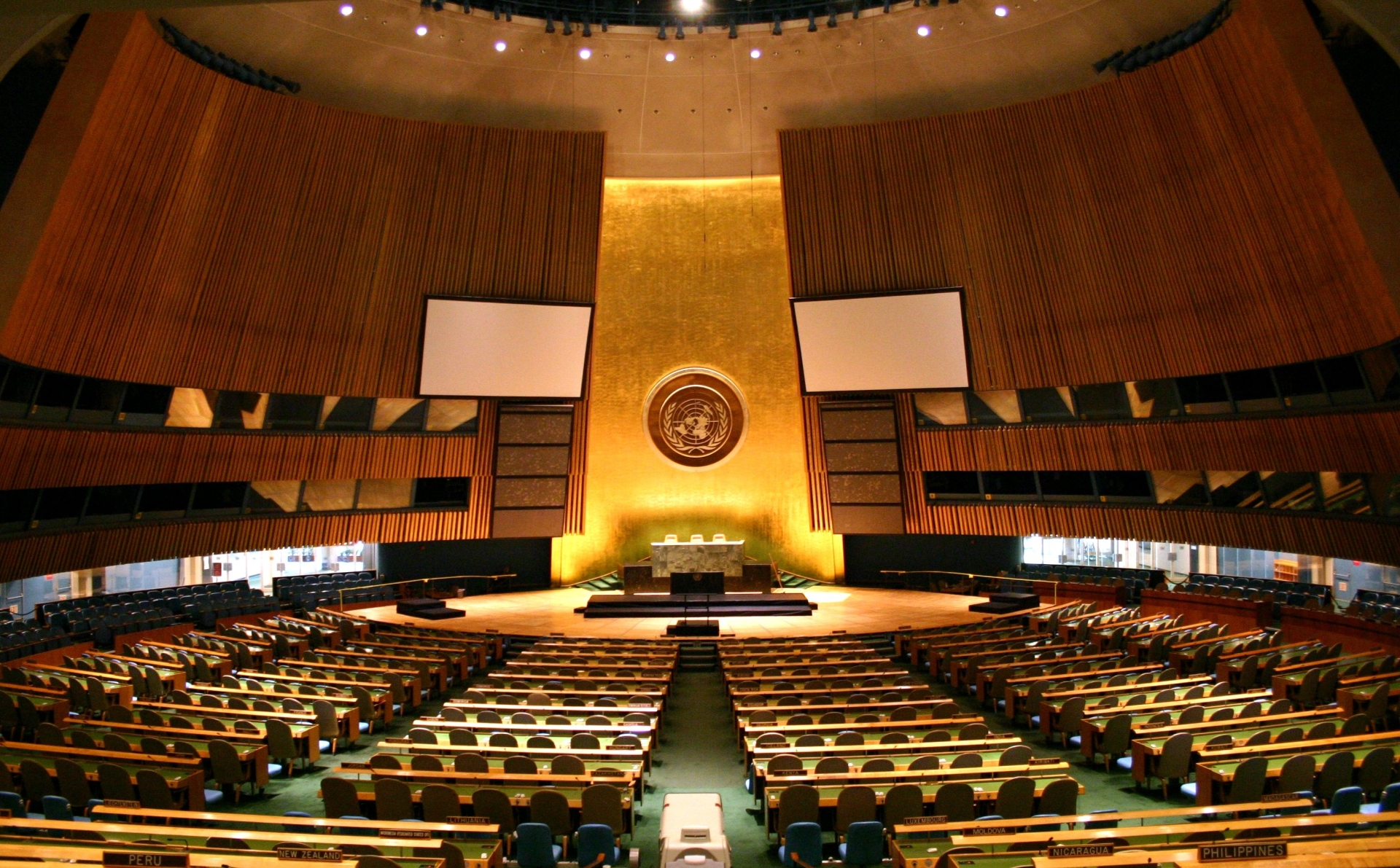In 1916 Henry Ford famously declared, “history is bunk.” Later, and in language not too dissimilar, Reagan referred to history as an “ash-heap.”
These views underestimate the importance of history and the danger of neglecting it. After all, having no history is a characteristic of the animal kingdom. That, incidentally, is why campaigns of genocide often deny or distort their victims’ cultural history. Humans, uniquely, have a collective sense of history, of where we’ve come from as a race.
But knowing the importance of history is one thing. Reading history correctly is entirely another. And one period of history we often read quite incorrectly, I think, is the recently-ended 20th century.

The 20th century is often seen as the most appalling period in human history. It opened with colonialism and the Scramble for Africa, an unspoken tale full of shame, such as the killing of tens of thousands of native Africans and Boers in concentration camps set up by the British during the Second Boer War and the exhibition of exotic indigenous people from Samoa, Ethiopia, and Mali at “human zoos” in great European cultural capitals like Paris, London, and Berlin. Shortly after, 10 million perished in World War I, the aftermath of which led to the 1930s Great Depression and the rise of fascism and Nazism, ideologies as squalid as they were empty, and of figures like Mussolini and Lenin. World War II, the Holocaust, and the first use of nuclear weapons followed. 20 million died in the Soviet Gulag labour camps or in exile. The Cold War and proxy wars (Angola, Korea, Vietnam). The Great Chinese Famine. 1989 Tiananmen Square massacre. Ethnic cleansings in the former Yugoslavia, in Rwanda, Cambodia, the Congo, Chechyna, Sri Lanka. You get the idea. Pretty dark century, it seems.
Small wonder it has been given such anguished epithets as: “the most terrible century in Western history” (Isaiah Berlin); “the century of death;” “I see it only as a century of massacres and wars” (Rene Dumont); “the most violent century in human history” (William Golding).
One epithet, which comes from Abdu’l-Baha – the son of Baha’u’llah, the Prophet-Founder of the Baha’i Faith – runs against the grain of much contemporary opinion. Abdu’l-Baha refers to the 20th century as the “Century of Light.” It is a luminous and rather surprising label.
But how could this period, which saw so much blood, be termed as such by Abdu’l-Baha? How can we substantiate this?
Enter Century of Light, a remarkable work commissioned by the Universal House of Justice on this uniquely creative and destructive century.
Without denying or minimizing the horror, it reminds us of how this same period also saw massive, epoch-making steps towards world unity, the ultimate destiny of mankind’s age-long social and political evolution. Recalling Abdu’l-Baha’s fate-laden journey to the West, bringing a message of love but also a challenge to the so-called “civilized world” – think of how He challenged assumptions about religious exclusivity and materialism (“They are worshipping themselves and not the divine reality,”), or of His powerful words about poverty in London (“[Y]our poor are so very poor!”). Next, in the aftermath of World War I, visionaries like Woodrow Wilson negotiated the formation of the League of Nations, a major step towards a global commonwealth of nations. All fields of human endeavor, as a result of the forces unleashed into the world by the birth of a new world faith only some decades before, found inspiration in outstanding figures like Martin Luther King, Jr., Paolo Freire, Ravi Shankar, Mother Teresa, and others.

From the ruins of World War II (whose Nuremberg trials demonstrated for the first time the enforceable limits of national sovereignty) emerged the United Nations – a collective endeavor to establish unity on a scale never before attempted much less achieved – whose permanent seat is in New York City, of which Abdu’l-Baha said during his visit there, “There is not doubt that… the banner of international agreement will be unfurled here.”
Advances in science brought instant communication and the Internet (predicted with such clarity by both Abdu’l-Baha and Shoghi Effendi), promptly dissolving geographic boundaries that had long separated peoples, while developments in quantum physics brought into question the Newtonian view of the universe as a giant clockwork mechanism. One’s mind turns, Century of Light reminds us, to the prophetic words of the Qur’an: “And you see the mountains and think them solid, but they shall pass away as the passing away of the clouds.” In 1963 there took place the election of the Baha’i Faith’s supreme governing institution, the Universal House of Justice, in what was likely history’s first ever, global democratic election.
These and others events, then, represent the powerful creative processes at work in the 20th century, a time when, as Abdu’l-Baha states,
[M]eans of communication have multiplied, and the five continents of the earth have virtually merged into one…. In like manner all the members of the human family, whether peoples or governments, cities or villages, have become increasingly interdependent…. Hence the unity of all mankind can in this day be achieved. Verily this is none other but one of the wonders of this wondrous age, this glorious century.”
Thanks for this Collis. The light of the luminous souls you mention it seems required the darkness of the 20th Century to demonstrate their true value. The stars shine most brightly in the darkest night. Thanks again!